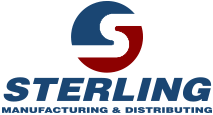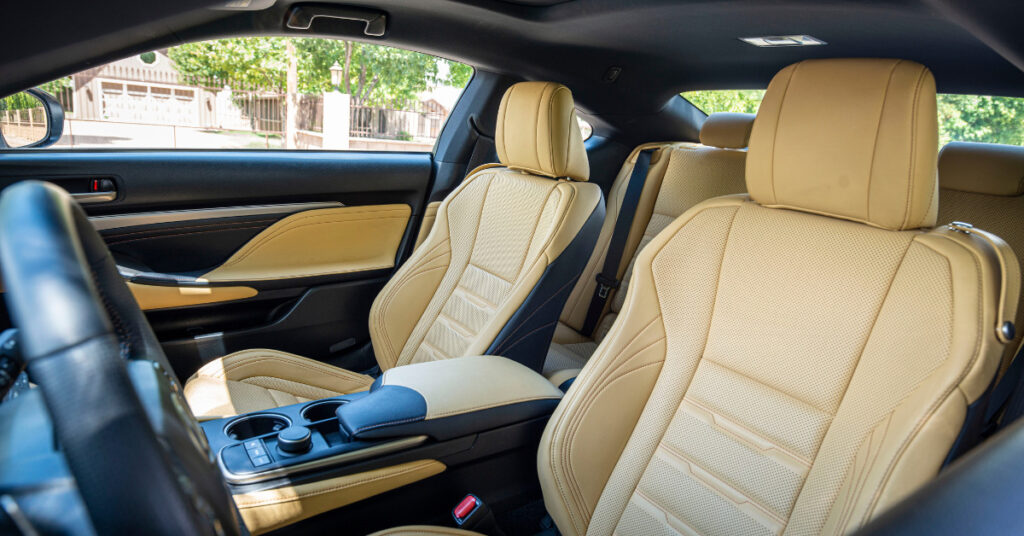Polyurethane foam is an incredibly versatile and durable material that has become progressively popular in the automotive industry. With a wide range of applications, from insulation and padding to sealing and bonding, it’s no wonder that manufacturers are turning to this material for various purposes.
In this blog post, we’ll explore the top uses for automotive polyurethane foam and explain why it’s a crucial component in today’s vehicles.
1. Sound Insulation
Sound insulation is one of the automotive industry’s primary uses of polyurethane foam. Due to its excellent sound-absorbing properties, this material is commonly used to manufacture car doors, floor panels, and headliners.
By applying a layer of polyurethane foam, manufacturers can effectively reduce road noise, engine vibrations, and other external sounds, ensuring a quieter and more comfortable ride for passengers.
2. Vibration Dampening
Cars and trucks are prone to engine and road vibrations, leading to a less comfortable driving experience and increased wear and tear on the vehicle.
Polyurethane foam can dampen these vibrations, providing a smoother, more enjoyable ride. It absorbs and disperses the energy from the vibrations, reducing their impact on the vehicle’s components and passengers. This can be particularly beneficial for luxury vehicles, where comfort is paramount.
3. Seat Foam
Polyurethane foam is commonly used as a cushioning material in vehicle seats. Not only does it maintains excellent support and comfort, but it’s also highly durable and can defy the wear and tear of daily use.
Additionally, it’s resistant to temperature fluctuations, making it suitable for hot and cold climates. As a result, car manufacturers often turn to polyurethane foam for seat cushions, headrests, and armrests, ensuring a comfortable and enjoyable driving experience for passengers.
4. Airbag Safety Systems
The safety of vehicle occupants is a top priority for automotive manufacturers. Polyurethane foam plays a crucial role in the design and function of modern airbag systems.
When an airbag is deployed, it’s filled with gas that quickly dissipates, leaving it deflated and unable to provide further protection. Polyurethane foam is often used as a supplementary material within the airbag, as it expands upon impact, providing additional cushioning and support to protect passengers from injury.
5. Door and Window Seals
Sealing gaps around doors and windows is essential for maintaining the integrity of a vehicle’s interior. Polyurethane foam excels in this application, as it’s flexible and durable.
When used as a sealant, the foam can expand and contract with temperature variations, keeping a tight seal that prevents drafts, moisture, and noise from entering the cabin. Additionally, polyurethane foam is resistant to chemicals and UV rays, making it an optimal choice for long-lasting, reliable seals.
6. Structural Reinforcement
In addition to its cushioning and sealing applications, polyurethane foam can also be used for structural reinforcement in vehicles. By injecting the foam into hollow cavities within a vehicle’s body, manufacturers can increase the overall strength and rigidity of the structure. This can lead to improved crash performance, increased occupant safety, and reduced noise and vibration within the cabin.
Furthermore, using polyurethane foam in structural applications can reduce the vehicle’s overall weight, improving fuel efficiency and reducing emissions.
7. Automotive Adhesives and Bonding
Polyurethane foam can also be used as an adhesive or bonding agent in automotive applications. Its unique properties make it suitable for bonding various materials, including plastics, metals, and textiles. This can be particularly useful in assembling complex, multi-material components, such as instrument panels and door assemblies.
Using polyurethane foam as an adhesive can result in a more streamlined manufacturing process, reduced weight, and increased durability of the final product.
Polyurethane foam is vital in modern automotive manufacturing, offering various applications and benefits that improve vehicles’ overall quality, safety, and performance. Its versatility, durability, and cost-effectiveness make it an indispensable material that will continue to shape the future of the automotive industry.
Sterling Manufacturing & Distributing has established itself as a reliable and trusted supplier of high-quality polyurethane, polyethylene, and polyurethane foam products. With its strategic location in Houston, Texas, the company is well-positioned to cater to the diverse needs of various industries and applications by providing both bulk raw materials and finished products. To learn more about our polyurethane foam in Houston, TX, do not hesitate to contact us for assistance.


